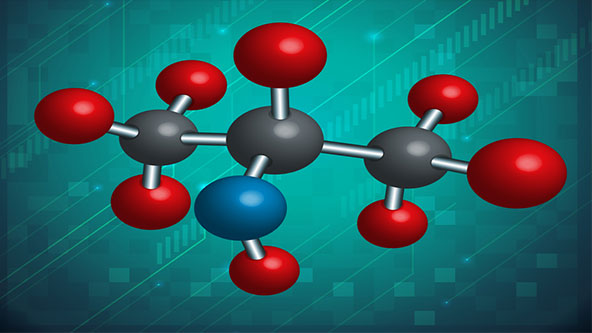What is Isopropyl Alcohol?
Isopropyl alcohol is a colorless liquid found in household and workplace products alike. Due to its high flammability and potential health hazards, it is important to handle isopropyl alcohol in a safe manner no matter what the setting.
Common Uses of Isopropyl Alcohol
Two of isopropyl alcohol’s most popular uses are as a cleaning fluid and as a solvent for many oils, gums, and resins. Here are some other areas where this chemical can be found across a variety of industries:
Medical Uses
- Used by medical professionals to disinfect surfaces and clean equipment
- Used as a hand sanitizer in labs and hospitals
- As a home remedy, rubbing alcohol is used as an antiseptic for cuts and scrapes
In Cleaning Services
- Used to clean dirt from small, hard-to-reach areas such as keyboards
- Used to remove glue residue
- Used to remove stains from natural fibers like cotton and silk
Automotive Applications
- A common component of fuel additives, isopropyl alcohol helps to prevent the accumulation of water in fuel lines
- The chemical is also be sprayed onto windshields to melt ice
Industrial Uses
- Used as a solvent in the printing industry to clean delicate equipment
- Used as a solvent in the manufacturing of several computer components
- Used in the manufacturing of paint
Isopropyl Alcohol Safety Concerns
Pure isopropyl is considered to be a toxic substance to humans, as it is known to readily absorb through the skin. As an alcohol, it is highly flammable in the presence of heat, sparks, or an open flame.
When handling isopropyl alcohol in a work environment (to best to avoid any contact with skin) protective clothing should be always be worn, including safety gloves and goggles. The area should also be well-ventilated and have a wash station nearby.
While isopropyl alcohol products for home use are generally less concentrated and less toxic than industry-standard versions, precautions still need to be taken when handling.
Isopropyl Alcohol Health Hazards
Swallowing or inhaling isopropyl alcohol can cause headache, dizziness, vomiting, nausea, and unconsciousness. Long-term effects of working with this substance are not well-known at this time, so care and caution should be taken when handling isopropyl alcohol and isopropyl products as a preventative measure.
Isopropyl Alcohol Safety, Handling, and First Aid
In the event of exposure to isopropyl alcohol, the following steps should be taken to prevent serious health hazards:
Eye Contact – Remove contact lenses if present. Flush eyes with water or a regular saline solution for at least 20 minutes and seek medical attention.
Skin Contact – Remove and isolate all contaminated clothing and wash skin thoroughly with soap and water. Seek medical attention if skin irritation or redness occurs.
Inhalation – The affected individual should be removed from the area immediately and brought into fresh air. Seek medical attention immediately if any breathing problems are present.
Ingestion – If victim is conscious, give 1-2 glasses of water to dilute the alcohol. Do not induce vomiting, as there is risk of the chemical being aspirated into the lungs while vomiting. Seek medical attention immediately.
Safe Storage & Disposal of Isopropyl Alcohol
Isopropyl alcohol should be stored in a tightly closed container in a cool, dry, well-ventilated area. Due to the chemical’s extreme flammability, it must be kept away from all possible ignition sources, including heat, sparks, and flames. Dispose of this isopropyl alcohol in accordance with federal, state, and local environmental control regulations.
For more information on isopropyl alcohol and other chemicals, explore our huge database of MSDS information.
